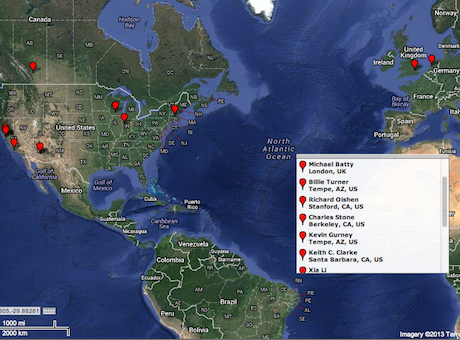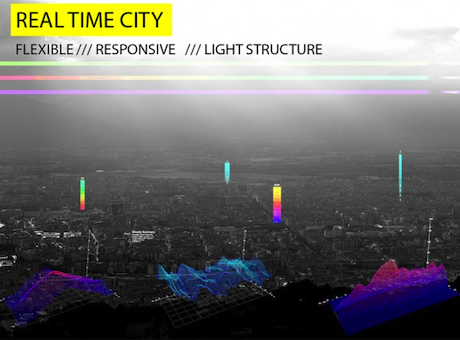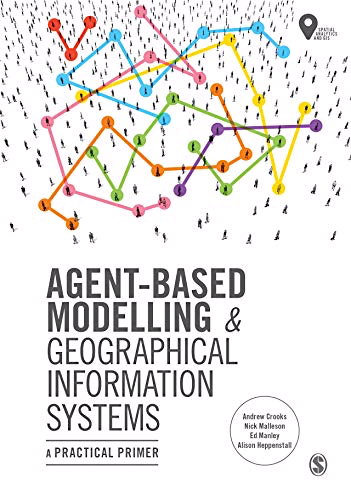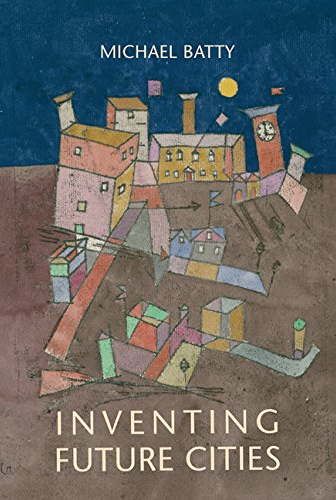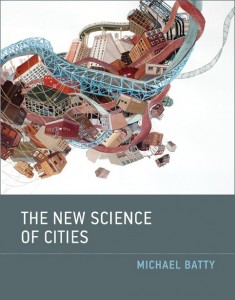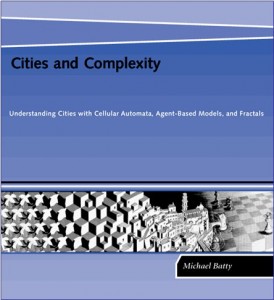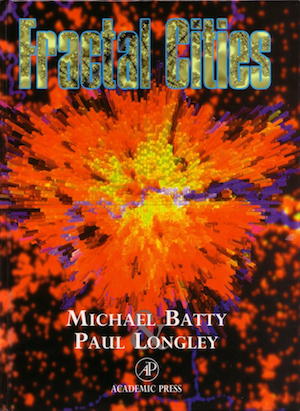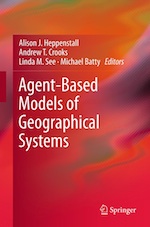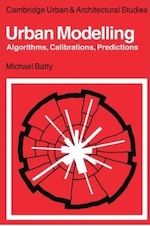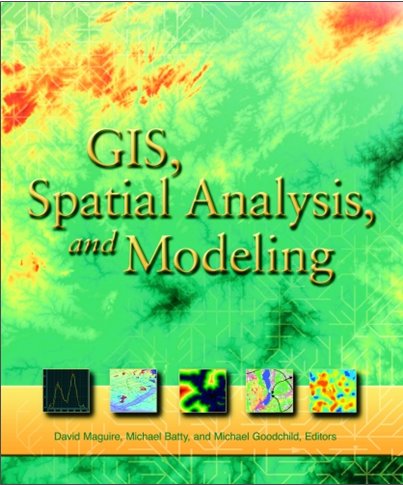Amin Tayyebi from the Energy Institute at the University of Wisconsin-Madison has organized a collection of videos about land use change using Cellular Automata and related cell-space models and methods. He commissioned these individually and if you click on the map this will take you to the active Google Map from which you can pull up any of the 14 videos he has made available. There are also useful links to the web pages of the model-builders who made these videos. This is a neat idea and it supports in depth the sorts of courses and lectures on this areas, that I for one, offer each year such as my CA-ABM-Complexity course that you can access here.
Resilience: How Quickly Can City Systems Bounce Back
AESOP-ACSP is the joint European and American Associations of Planning Schools conference held this year in Dublin at UCD. The theme is resilience in cities and how planning might best respond to it. This is a popular term and is overtaking sustainability with respect to how planning might respond better to crises. This morning (18th July) i gave a keynote on this question alongside Susan Fainstein from Harvard GSD, where I concentrated on how we are measuring, understanding, and pre citing resilience and the extent to which city systems can ‘bounce back’ after various disruptions. My talk stitched together the work we are doing on the big data sets from London transport which look at disruption on various rail systems, on flooding from our Tyndall project n climate change in London, and on our need to understand how Great Britain is fractured across is regional space where we use percolation theory to figure out how the space divides in nations, regions and cities. here is the powerpoint as a PDF
The Real Time City?
Rob Kitchin’s paper on smart cities focuses on “… how cities are being instrumented with digital devices and infrastructure that produce ‘big data’ which enable real-time analysis of city life, new modes of technocratic urban governance, and a re-imagining of cities. The paper details a number of projects that seek to produce a real-time analysis of the city and provides a critical reflection on the implications of big data and smart urbanism.” Download this from the Social Science Research Network. Rob is the co-author (with Martin Dodge, ex CASA) of Code/Space (MIT Press, 2011) which won the Meridian Book Award by the Association of American Geographers in 2012.

